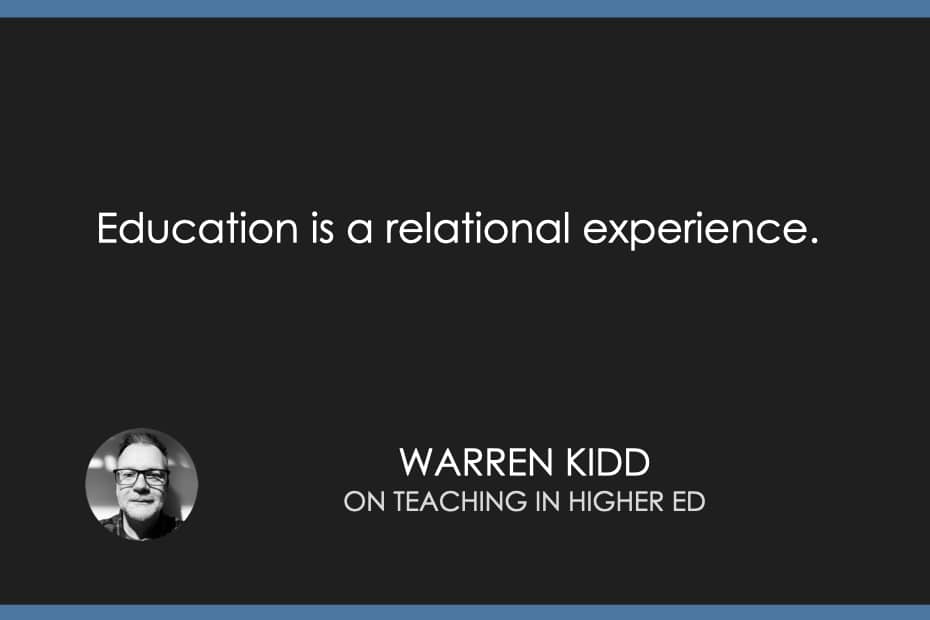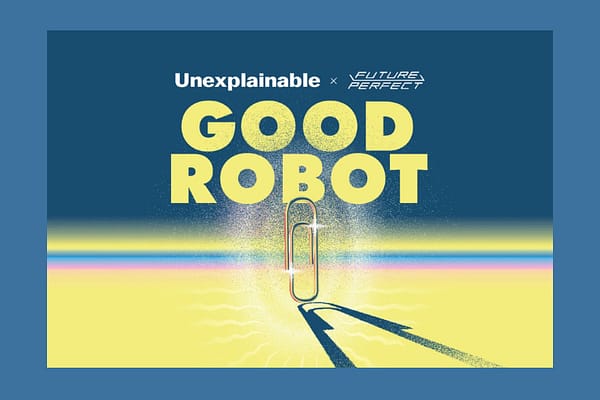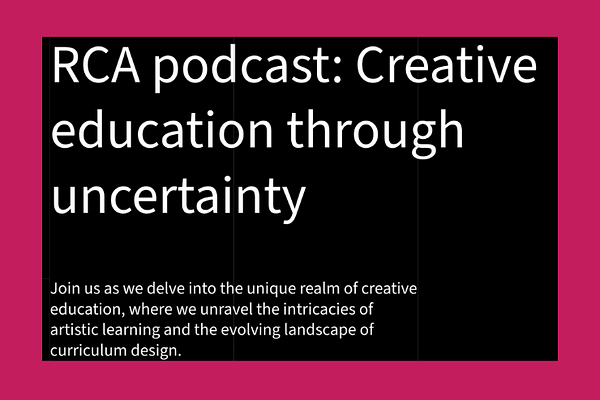Podcast (tihe_podcast):
Play in new window | Download | Transcript
Subscribe: Apple Podcasts | Spotify | RSS | How do I listen to a podcast?
The Richness of Podcasting in Higher Education, with Dom Conroy and Warren Kidd.
Quotes from the episode

There's so many different ways to capture people's imagination through an audio feed.
-Dom Conroy
When we're creating podcasts, we are putting ourselves on the line.
-Dom Conroy
Education is a relational experience.
-Warren Kidd
The act of teaching is reflective and reflexive.
-Warren Kidd



